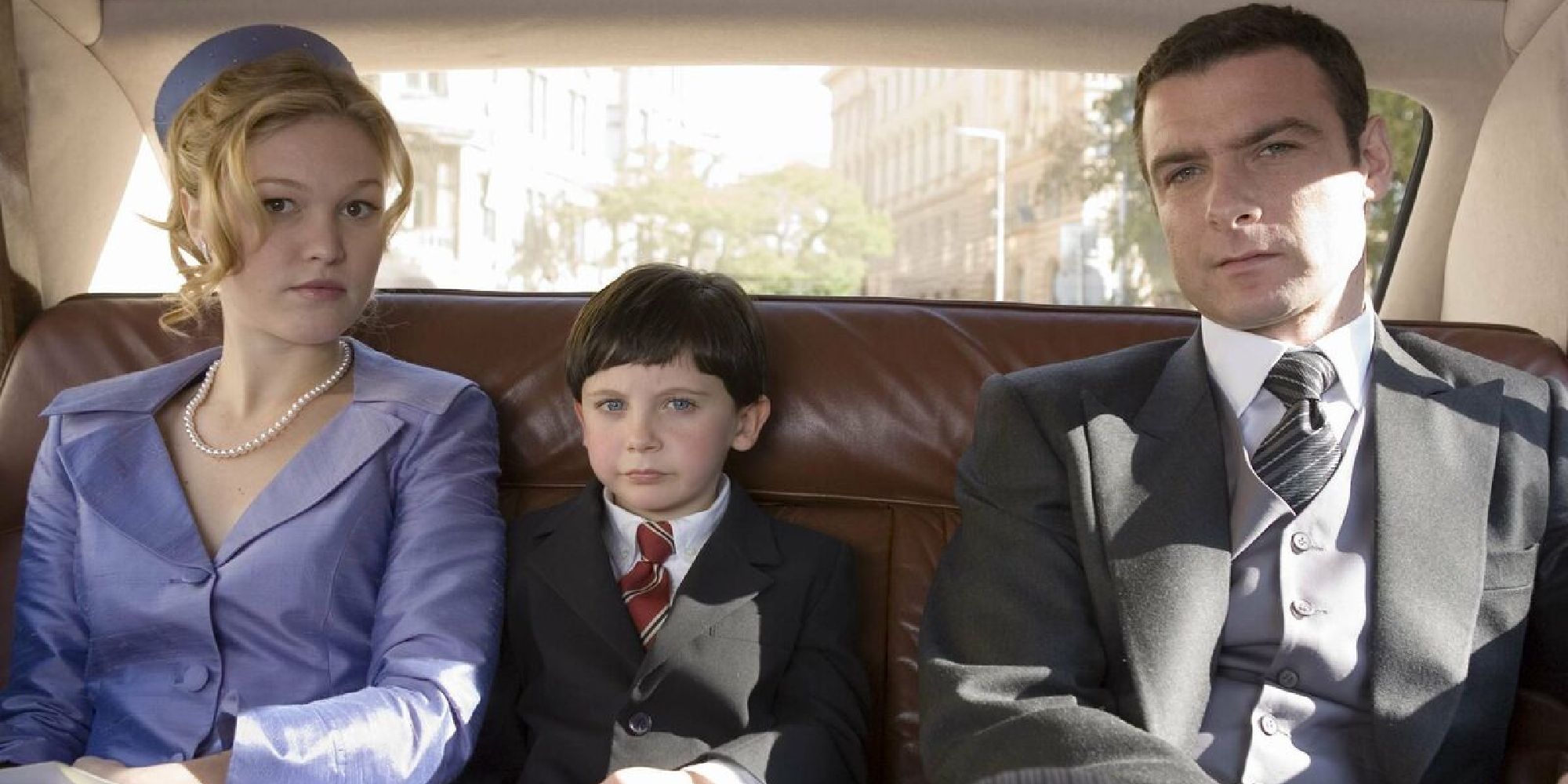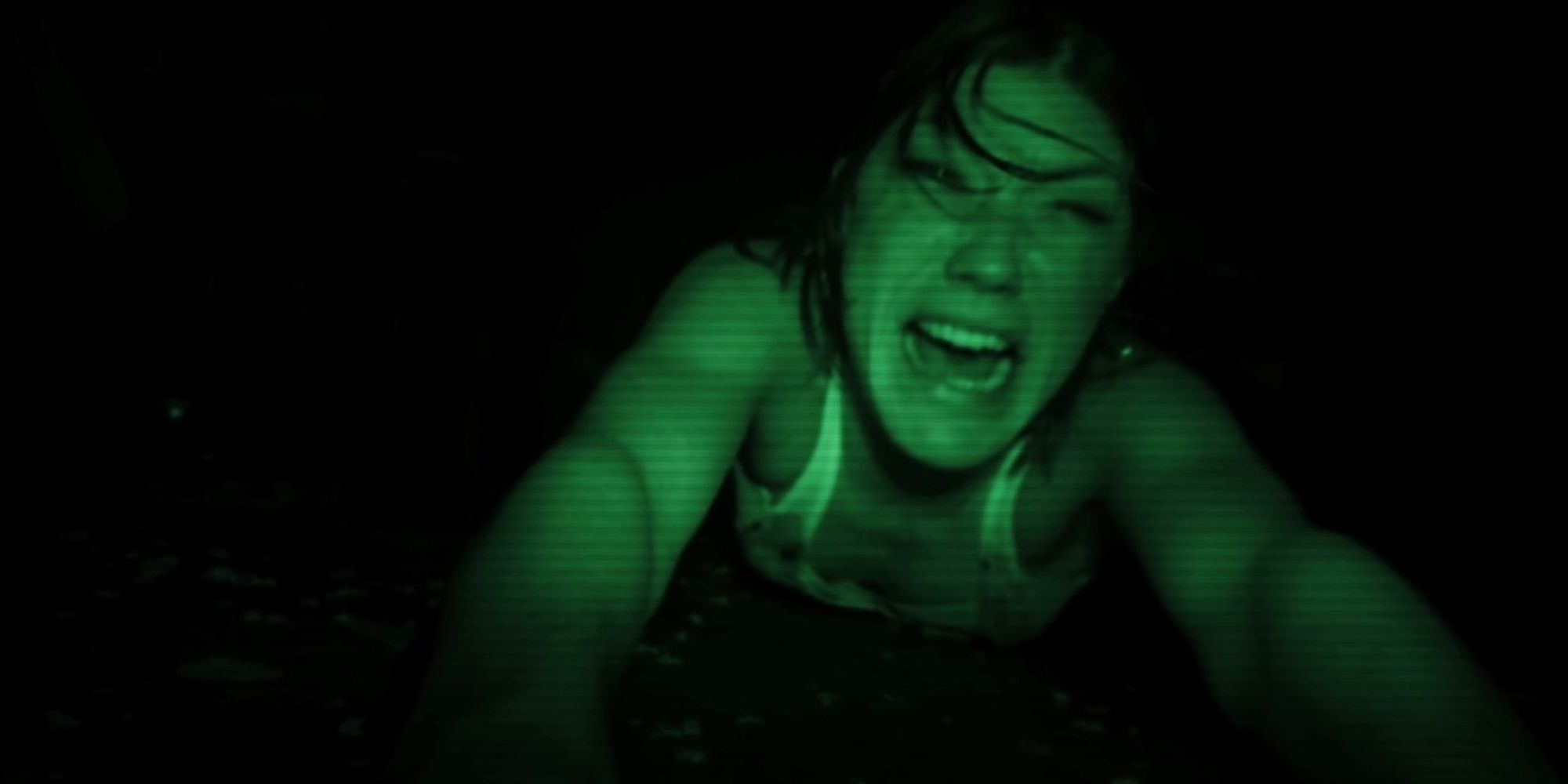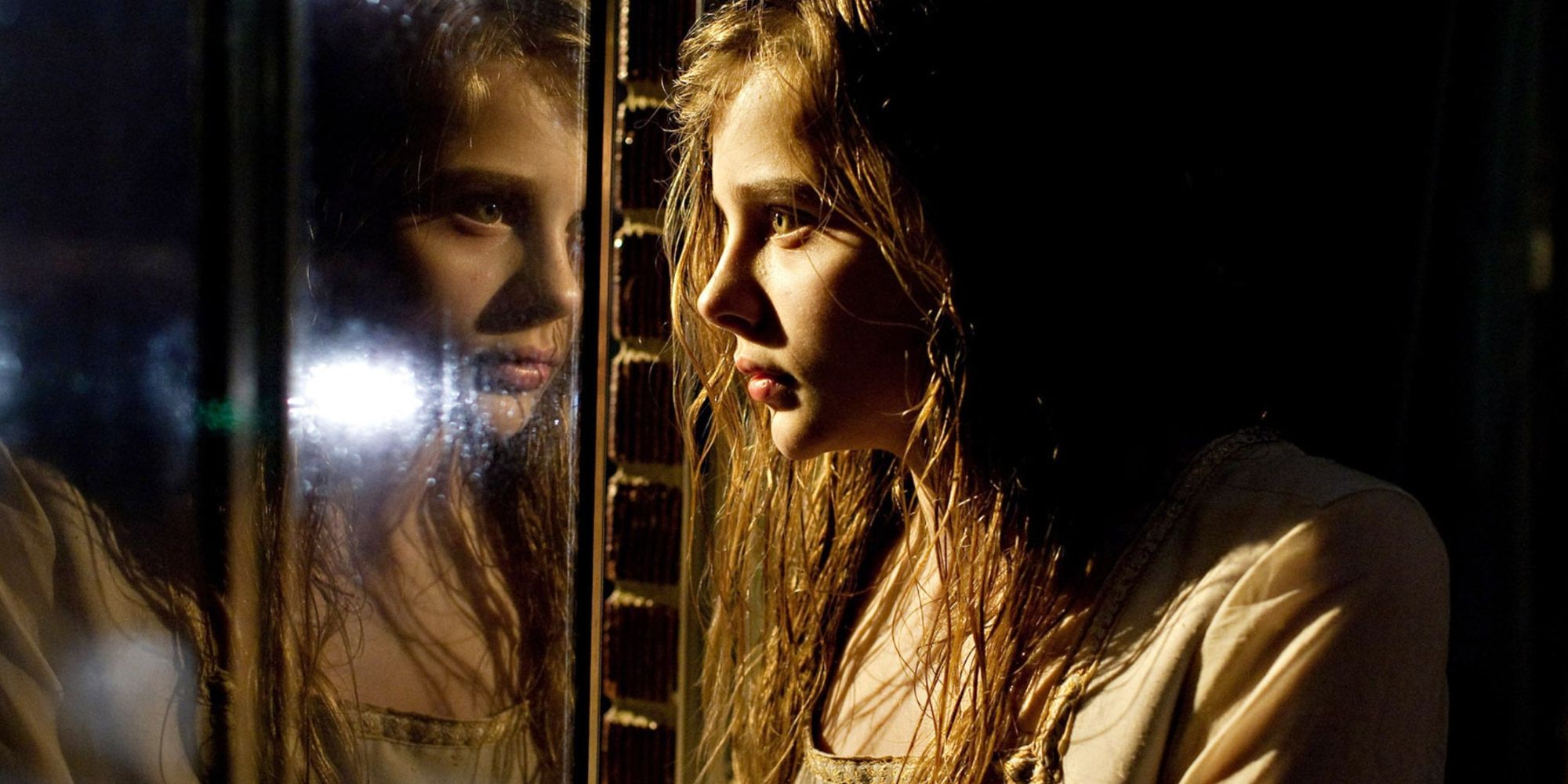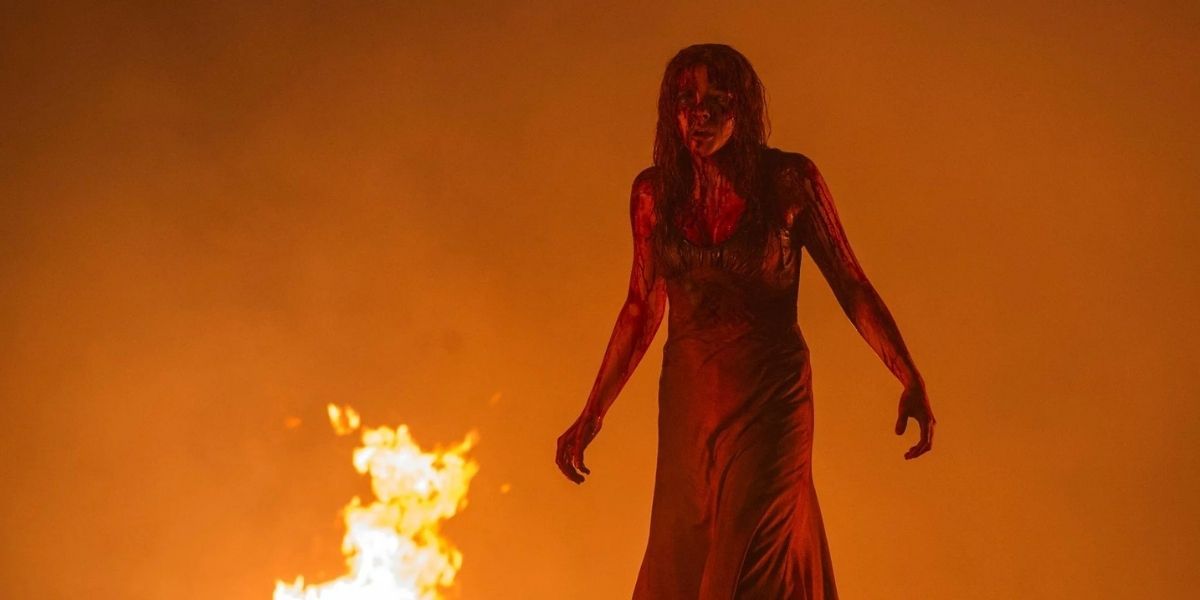Remakes are not automatically bad simply because they retell a story that's already been depicted on-screen. Sometimes, a new filmmaker can explore an older story through a new lens, and take an entirely different approach to well-known characters and narrative beats. The 2018 version of Suspiria might be one of the best examples of this. It has similarities to the 1977 original, but plenty of differences, too, taking the strengths of the original and building on them in memorable, unexpected ways.
But then on the other side of things, some remakes change very little. They might look a little more sleek or polished, and update things like special effects, but will otherwise appear identical - or close to identical - to the original. The following 10 films fall into that category. They're not all necessarily bad films, but many represent the more low-effort side of things, when it comes to the seemingly unstoppable remake trend.
'Psycho' (1998)
Perhaps the most notorious of the shot-for-shot remakes, 1998's Psycho is initially striking for being in color, compared to the black-and-white original from 1960. However, once the novelty of that wears off, you're left with a movie that doesn't do very much at all to differentiate itself from the original... by design.
Gus Van Sant made the film as an experiment of sorts, to see if he could recreate a film that most already considered to be perfect, or close to it. The idea is an interesting one, but perhaps not one that most saw as worth taking to its logical limit. This is because even if it's viewed as a successful recreation, most would wonder why it's worth ultimately watching over the original, or worth seeing if you've already watched the first one.
'Drácula' (1931)
Perhaps you could call Drácula a remake of 1931's Dracula, differentiated by the "á" in the title. While most are familiar with Dracula, which starred Bela Lugosi, Drácula was made alongside it, with the shooting done at night with a different cast and crew - though using the same sets and screenplay - with the key difference being the film was in Spanish, instead of English.
Sure, it being made simultaneously with the "original" might make it more of a recut than a traditional remake. Though significantly, it did allow for two near-identical-looking movies to be made, with both being celebrated as early horror classics (it's even possible to find fans who prefer the Spanish version).
'Funny Games' (2007)
A rare instance of a director not only remaking one of their own films, but making it effectively identical to the original, Michael Haneke is responsible for both the 1997 and 2007 versions of Funny Games. Each has the same story: a pair of young sociopaths terrorize a family during a sadistic home invasion, all the while criticizing you - the viewer - for choosing to watch such a twisted movie.
Both films are grim and dark, but have important messages about violent entertainment and the way we're drawn to it. Haneke likely made the same film twice - and in two different languages - to make sure the film's messages and themes reached as many viewers as possible.
'Evangelion: 1.0 You Are (Not) Alone' (2007)
The first film in a series that would go on to have one of the best animated Japanese films in recent memory, Evangelion: 1.0 You Are (Not) Alone kicks off the Rebuild of Evangelion film series in an interesting fashion. While it's a solid movie, it's remarkably similar to the first third of the original anime series, Neon Genesis Evangelion.
It condenses several hours worth of episodes into one movie, and uses much of the same dialogue, action scenes, and shots in the process. Granted, the animation has been redone in quite a spectacular way, and the Rebuild series does become vastly different from what was seen in the original anime series, making You Are (Not) Alone's more familiar aspects mostly forgivable in the long run.
'The Omen' (2006)
A remake of the classic 1976 film that updates the time period and some of the special effects - but not a whole lot else - 2006's The Omen is remarkably similar to the original. Anyone hoping for a few twists or unexpected developments in the eerie story of a child Antichrist tormenting his foster family (and various others) may leave disappointed.
Perhaps the clearest reason for the film being remade is the fact that it came out on the 30th anniversary of the original, and also managed to get released on the sixth day of the sixth month in 2006, which is of course a reference to the Devil's number: 666. That's neat, sure, but otherwise, the film is mostly dismissed (or even just forgotten about entirely) for being an inferior reproduction of the 1976 classic.
'Quarantine' (2008)
Quarantine is a film that's been a little better received than most shot-for-shot remakes. It's very similar to the 2007 Spanish horror film, [REC], though this time done in English, and therefore targeted at American audiences.
Perhaps if you really can't stand subtitles for whatever reason, this would be an okay alternative to [REC], but otherwise, the 2007 original is the clear film to watch, of the two. Each is a dimly lit, suspenseful found footage film about a television crew who gets locked inside an apartment complex that's hiding a dark secret, with plenty of things jumping out from the shadows. Neither can be recommended to those who have a fear of darkness or get easily claustrophobic, that's for sure.
'Let Me In' (2010)
Coming just two years after Let the Right One In, Let Me In doesn't do much to the classic vampire-themed coming-of-age story besides having the dialogue in English, instead of Swedish. It's a solidly-made film - it helps to have a director like Matt Reeves at the helm - but it's one of those remakes that has you questioning its existence, to some extent.
It's not hugely inferior or anything, and the acting and filmmaking are both quite good, technically speaking. Yet it completely lacks originality, or anything substantial to make it stand out from the original, and watching it shortly after the 2008 version makes that regrettably plain to see.
'The Lion King' (2019)
There's a lot that can be said about the recent Disney remakes of their beloved animated films, and not much of it's positive, in all honesty. They're films that take beautifully animated movies that still largely hold up, and just redo them with a combination of CGI animation and live-action.
The Lion King (2019) does stand out by having no live-action elements, and instead being entirely CGI. Sure, it uses impressive technology, but what purpose does it serve, beyond getting people to pay to see something they've already seen again? (And it was a huge box office success, albeit not so much a critical one). The changes to the 1994 original are minimal, overall. Certain sequences are identical, and the small additions here and there add very little. Clearly, talented people spent a great deal of time making 2019's The Lion King look the way it does. If only all those talented people had been able to work on something that wasn't such an uninspired remake of a classic film that's already essentially perfect, not to mention timeless.
'LOL' (2012)
LOL is the name of both a 2008 French coming-of-age film, and its 2012 American remake, which is perhaps best known for starring Miley Cyrus. Each film follows a teenage girl as she balances her school studies, family life, friendships, and various romantic relationships.
While filmmaker Lisa Azuelos is responsible for writing and directing both, the original had some success, whilst the 2012 remake received poor reviews. Each film came from the same filmmaker and was functionally identical (besides the language and setting), which goes to show that American remakes of successful foreign language films aren't ever going to be guaranteed hits.
'Carrie' (2013)
The best that can be said about the 2013 remake of Carrie is that at least a great deal of time had passed between its release and the release of the 1976 original. There are certain changes to the way the film looks and the special effects it uses as a result, which is more than can be said about some remakes.
However, that 1976 film still holds up quite well, and the story told in the 2013 remake - a bullied girl in high school seeking revenge via the use of telekinetic power - is effectively identical. As a result, there's very little reason to watch the remake over the classic original.

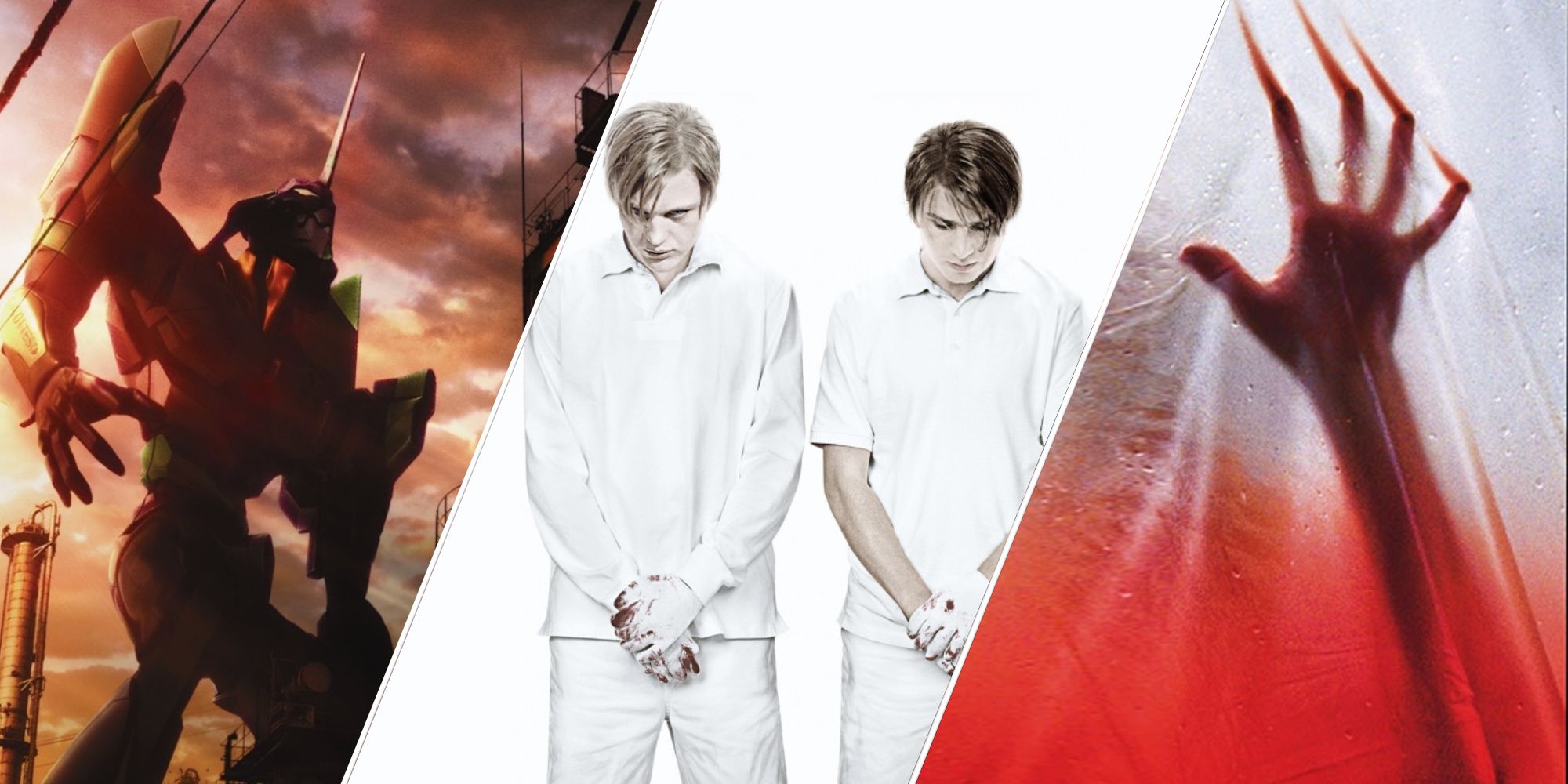
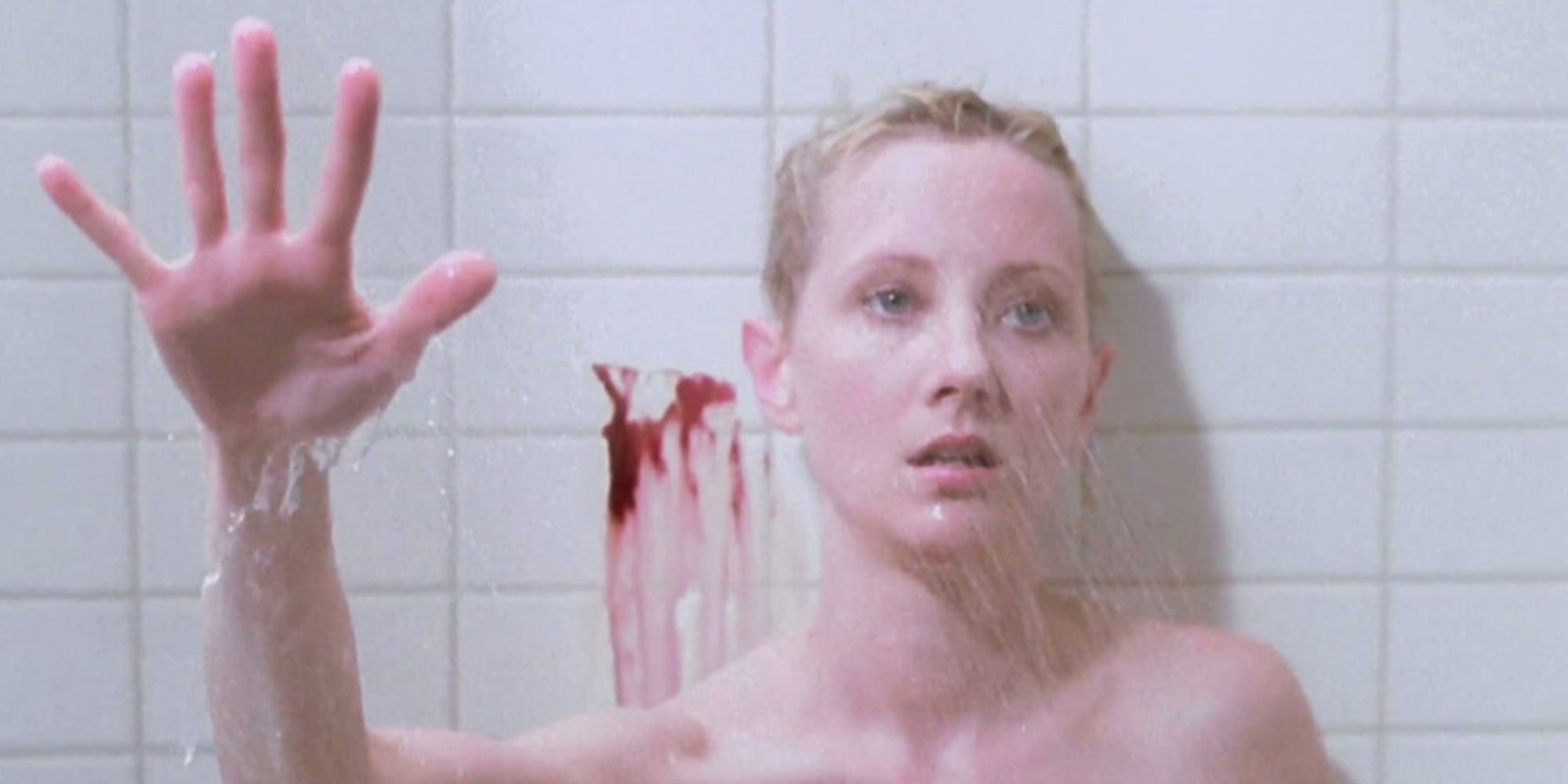
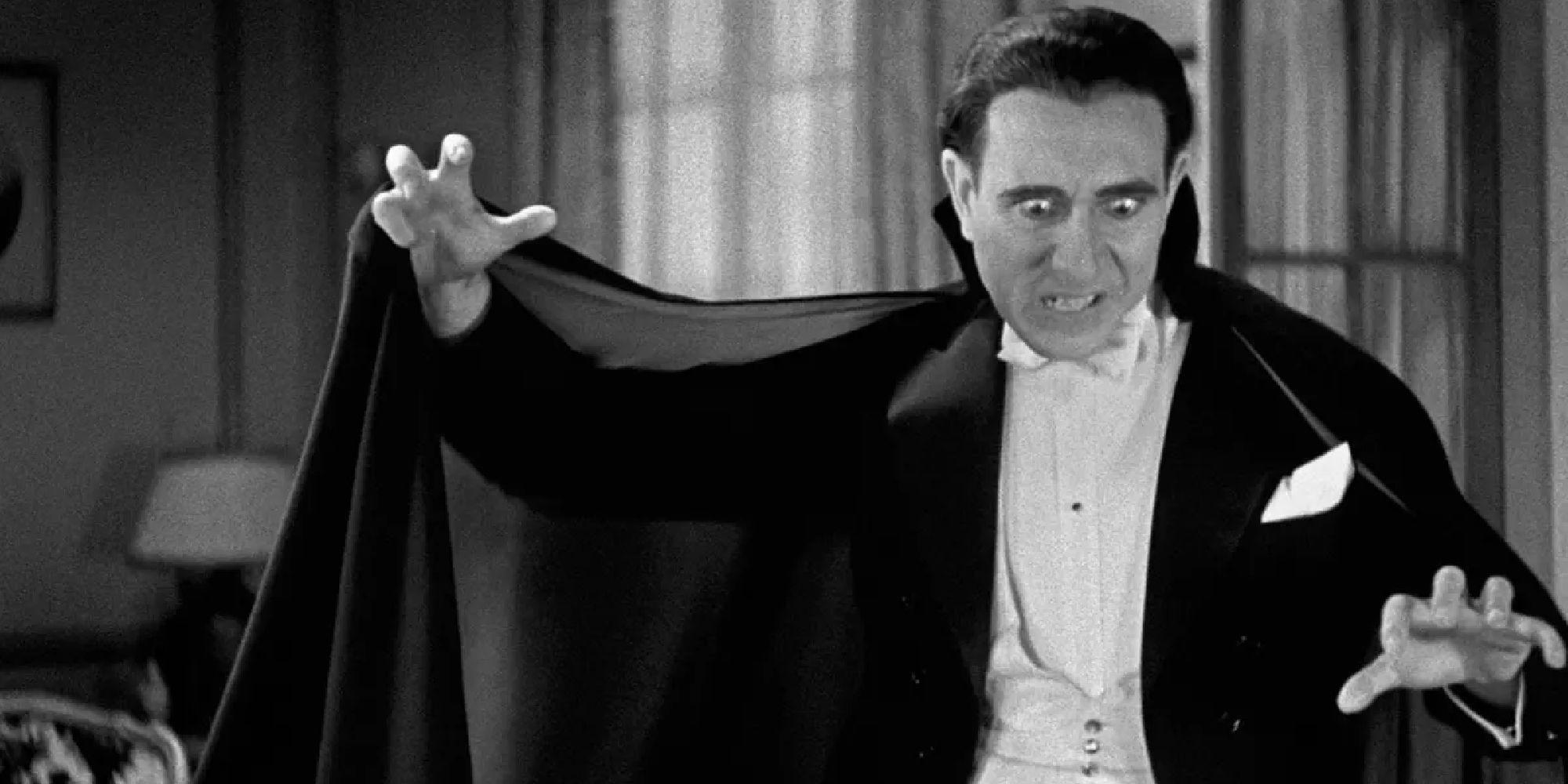
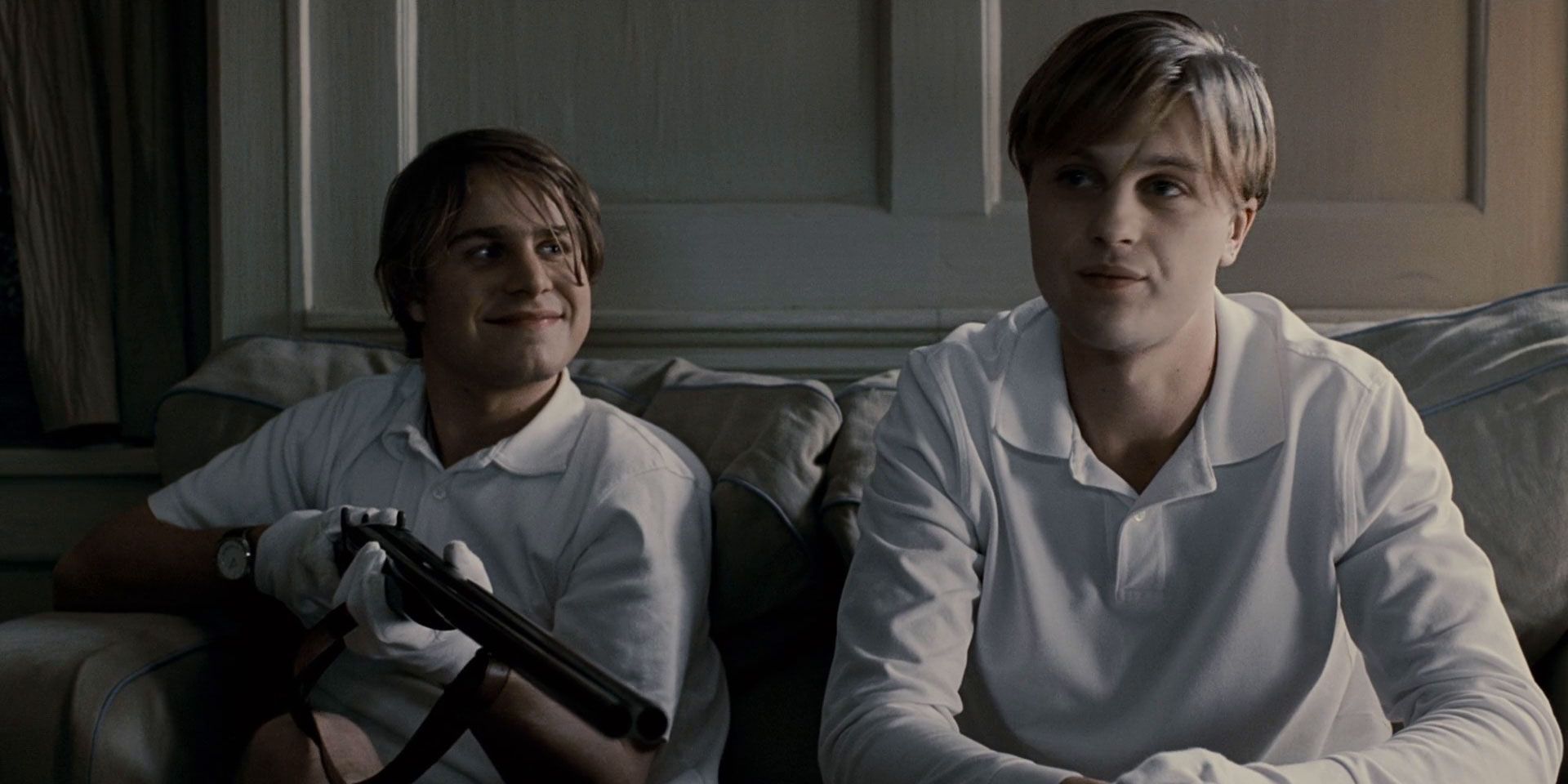
-alone---2007.jpg)
